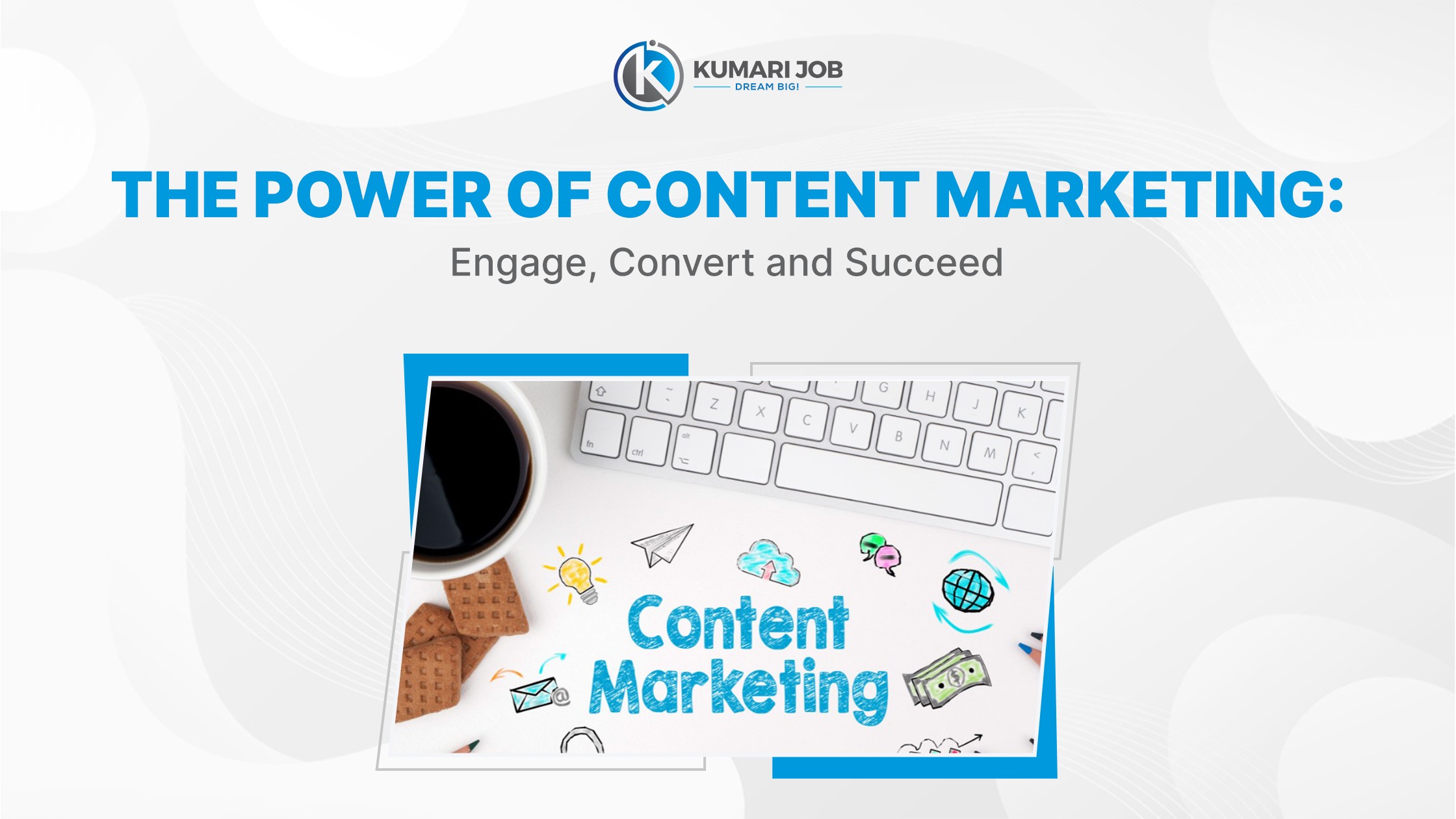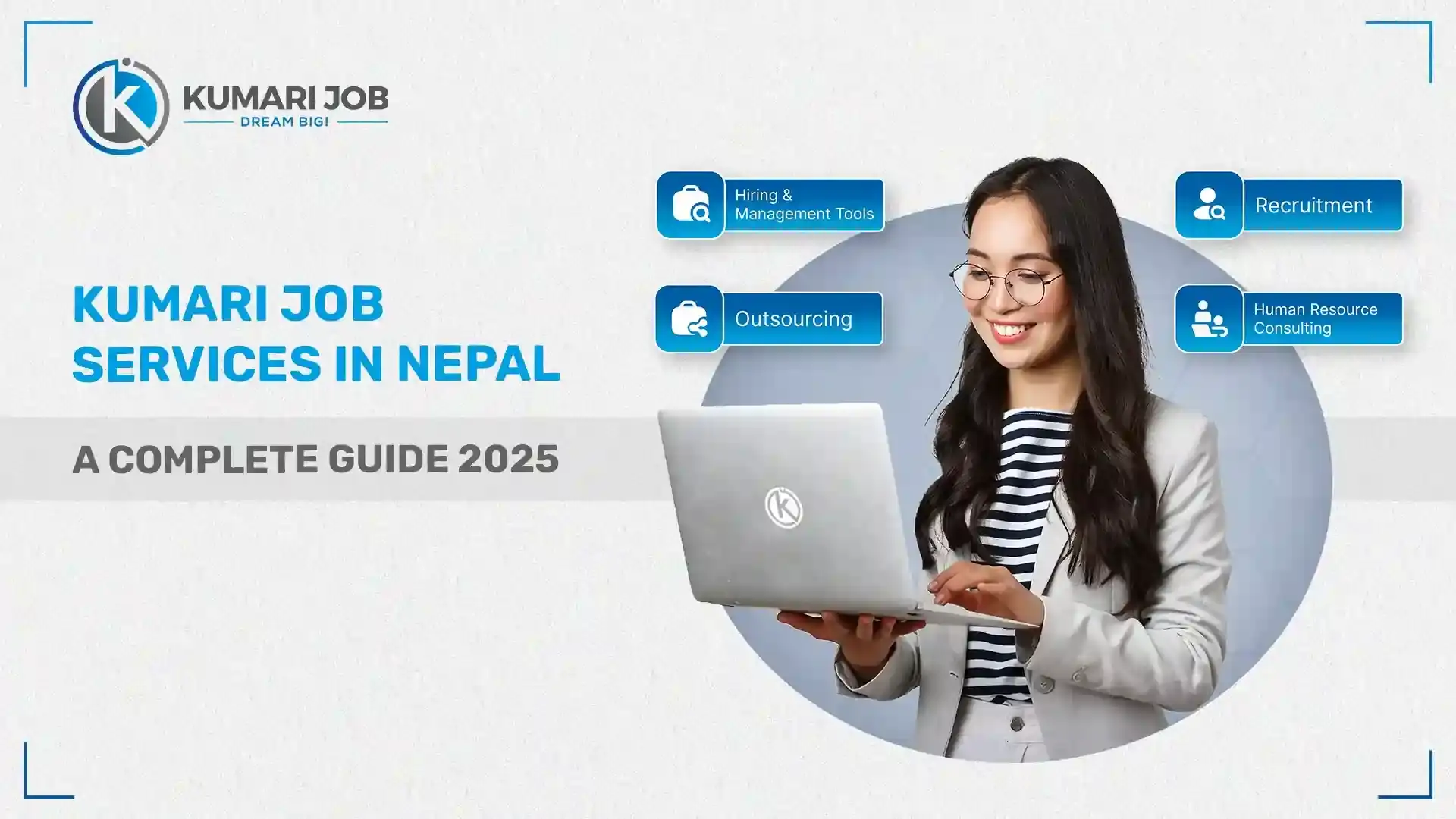
What is content marketing?
Content writing is the process of creating written material for various purposes, such as websites, blogs, articles, social media platforms, advertisements, and more. Content marketing aims to draw in a certain audience and persuade them to purchase by producing and disseminating informative, interesting, and valuable information. Because a lot of content marketing is now produced and disseminated online, it is also frequently referred to as a digital marketing approach.
This type of marketing piques consumers' interest in a company's good or service rather than overtly endorsing it. The theory is that the more expert information you can provide to customers, the more valuable your product will be and the more likely they will buy it.
The origins of content marketing are not set in stone but some claimed examples are now labeled as some of the first examples of content marketing. Retroactively, the earliest examples of content marketing include:
- 1732, none other than Benjamin Franklin printed his Issuance of Poor Richard's Almanack to promote his printing business.
- In 1888, Johnson & Johnson published a guide for Doctors using bandages called 'Modern Methods of Antiseptic Wound Treatment.
- In 1904, Jell-O salespeople distributed a free cookbook in which their product was used in versatile ways - sales soared for the company.
In this blog
Why is content marketing important?
Content marketing is a go-to tactic that’s proven to work. Also, it provides a competitive advantage. Take a look at what the data says about content marketing:
- Businesses with blogs get 67% more leads than other companies.
- 67% of business-to-business (B2B) marketers say B2B content marketing increases engagement and the number of leads they generate.
- 88% of people credit branded videos for convincing them to purchase a product or service.
1. Content marketing builds authority on your platform – not rented land
Content marketing builds brand authority and establishes customer relationships on a website's platform, unlike social media marketing where platforms are owned by corporations. Focusing on social media is risky and depends on constantly changing feed rules, making content marketing a sustainable growth option.
2. It grows trust with your audience like no other
Content marketing is crucial for building trust with consumers, as 65% of consumers feel positive and trustworthy after reading educational content tailored to their questions and pain points. By understanding and helping the audience with personalized content, brands demonstrate expertise and empathy, demonstrating their understanding of their problems and offering solutions.
3. Content marketing brings in higher-quality leads
High-quality leads are individuals who are familiar with your brand and are ready to buy or have a problem and understand the solution. Content marketing helps attract these leads through targeted SEO, which targets keywords with the right search intent. Different keywords are used at different stages of the buyer's journey, such as awareness, consideration, and decision stages. People in the decision stage are closer to purchasing than those in the awareness stage.
How do brands use this information in content marketing?
A hotel can use the keyword "stress-relieving destinations" in their content, such as a blog post on "5 Stress-Relieving Destinations to Wipe Away Your Worries," to attract highly qualified leads looking for holiday getaways, which can be nurtured with additional content and strategic CTAs.
4. Content helps you rank in search engines for better visibility
Consistent, high-quality content is crucial for winning search engine rankings and driving traffic to a site. The top organic position in Google search has a CTR of 39.6%, while the 2 organic position has 18.4%. Paid search ads have CTRs hovering around 2%, as people usually scroll past ads to find organic results.
5. Content marketing costs less than traditional marketing but has a better ROI
Content marketing is a more cost-effective investment than traditional marketing due to its upfront expenses and better ROI. It generates 67% more leads, 97% more inbound links, 55% more visitors, and 434% more indexed pages in Google than traditional advertising. Content marketing is more sustainable and returns on investment compound over time, making it a more sustainable and effective marketing strategy.
How does content marketing work?
Content marketing is a strategic marketing approach focused on creating and distributing valuable, relevant, and consistent content to attract and retain a clearly defined audience — and, ultimately, to drive profitable customer action. Here's how it typically works:
1. Understanding the Audience: The first step is to identify and understand the target audience. This involves creating buyer personas, which are semi-fictional representations of your ideal customers based on market research and real data about your existing customers.
2. Content Creation: Once the audience is understood, the next step is to create valuable content that resonates with them. This content can take various forms, such as blog posts, articles, videos, podcasts, infographics, eBooks, whitepapers, webinars, and more.
3. Distribution and Promotion: After creating content, it needs to be distributed and promoted through various channels to reach the target audience. This may include publishing on your website, sharing on social media platforms, sending out newsletters, guest posting on other blogs, collaborating with influencers, and using paid advertising channels.
4. Engagement and Interaction: Content marketing is not just about broadcasting messages but also about engaging with the audience. This involves responding to comments, answering questions, initiating discussions, and fostering a sense of community around the content.
5. Building Trust and Authority: By consistently delivering valuable content, content marketers aim to build trust and establish themselves or their brand as an authority in their industry or niche. This helps in creating a positive perception among the audience and encourages them to engage further with the content and the brand.
Overall, content marketing operates on the principle of providing value to the audience first, building relationships, and ultimately driving profitable customer action through strategic content creation and distribution. It's a long-term approach that focuses on building brand awareness, credibility, and loyalty.
How content marketing works
Your business can use content marketing to attract leads, make a case for your product or service when someone is researching what to buy, and close sales.
To use it effectively, you’ll need to deliver the right content at each stage of the sales cycle—from awareness through consideration to purchase. If this sounds complicated, don’t worry: Approaching content this way simplifies the process.
Here’s how companies use content marketing in each stage of the sales cycle to engage and sell.
Awareness stage
In the initial sales stage, focus on your audience's concerns, pain points, and challenges. Provide educational, how-to advice content, avoid selling for consideration, and close phases. Use articles, blog posts, e-books, videos, and newsletters for the best engagement.
Examples:
- A restaurant writes a blog post about how to plan a menu for a graduation party in the spring.
- A bike touring company creates a short video on the topic “3 Ways to Choose the Right Bike Trip.”
- An architecture firm created an e-book called “Questions to Ask Before Hiring an Architect.”
Consideration stage
In the consideration stage, content should combine useful information and marketing, educating readers about features and their needs. The best content should align with your business, including case studies, how-to articles, videos, and checklists.
Examples:
- A cloud-based phone system company creates a checklist entitled “8 Ways to Improve Your Phone Customer Service” that details the features and functions that make great customer service possible.
- A landscaping company creates case studies about “The Biggest Mistakes Most People Make When They Hire a Landscaper.”
- A catering company features case studies of successful events with a focus on the benefits they offer, such as “How to Accommodate Food Allergies at Your Next Event,” or “How to Ensure Your Caterer Uses Sustainable Practices.”
Closing stage
Content marketing is crucial when a prospect is close to buying, focusing on selling your expertise and knowledge rather than just your services or products. Use case studies, user-generated content, buyer's guides, product videos, and research reports as examples.
Examples:
- A consulting firm creates a research report proving that businesses that engage in strategic planning, assessments by outsiders, and other services—shaped by what services they offer—experience higher growth.
- A design agency creates short videos showcasing the variety in its work across different industries to demonstrate its diverse expertise.
- An orthodontist practice encourages patients to contribute testimonials about its state-of-the-art equipment and top-notch service.
Types of content to use in content marketing
When most people think of content, they only think of blogging. While blogging is an effective way to produce and share content, many other mediums fall under content marketing, too. Here are some of the most popular types of content marketing:
- Blogs
- Videos
- Ebooks
- Infographics
- SEO content
- Webinars
- Online guides
- Long-form content
1. Blogs
Blogs are a popular way to share information with your audience. When you create a blog, you write and post content regularly. It’s a great way to drive traffic to your site. Every industry, from dentists to florists, can use a blog as a marketing strategy.
2. Videos
As platforms like YouTube continue to rise in popularity, videos continue to grow as a popular way for businesses to market online. Video marketing is an excellent medium for sharing an abundance of information quickly.
3. E-books
E-books provide your audience with everything they need to know about a topic. This content is in-depth, so you’ll cover all the bases of your topic to ensure your audience has a full understanding of the information. Many companies create ebooks and offer them to clients in exchange for contact information.
4. Infographics
Infographics are visual images that present data and information in an easily digestible format. Many companies use infographics to present statistics and help users better understand them.
5. SEO
Site pages are crucial content pages you include on your site. This SEO website copy includes about us pages, pricing and product pages, and more.
6. Webinars
Webinars are a great opportunity for you to share your knowledge and expertise with your audience. This content marketing strategy allows you to share information with your audience through live video.
7. Long-form content
Long-form content provides your audience with more information on a topic. While it’s not as in-depth as online guides, it does provide your audience with more information than a standard blog post.
Conclusion
Content marketing is a powerful strategy for businesses to attract, engage, and convert customers. It involves creating relevant content tailored to the target audience's needs, building trust and relationships. This approach aligns with the sales cycle stages and offers diverse formats like blogs, videos, eBooks, infographics, and webinars. A well-executed content marketing strategy can increase brand visibility, lead quality, improve search engine rankings, and yield better returns on investment. By consistently delivering valuable content, companies can position themselves as industry leaders and drive long-term growth and success.
Frequently Asked Questions
To excel in content marketing, one must understand the 5 C's: Clarity, Conciseness, Compelling, Credible, and Call to Action. Clarity is the first C of content marketing. It's about making your message as clear and understandable as possible. Avoid jargon and complex language.
Best 6 Types of Content Marketing that have proved effective
1. Social Media and Blog. Right, we have put these two large segments together
2. User-generated content.
3. Email marketing
4. Case studies
5. Audio/Video content
6. Reviews.
Scope of Content Marketing in Nepal
Content marketing is very promising in Nepal. As more people use the internet and social media, businesses need to reach them online. Skilled content marketers will be in high demand to help businesses connect with their customers and grow.
Content marketing is a marketing strategy used to attract, engage, and retain an audience by creating and sharing relevant articles, videos, podcasts, and other media. This approach establishes expertise, promotes brand awareness, and keeps your business top of mind when it's time to buy what you sell.
For instance, McDonald's produces videos showcasing new menu items or behind-the-scenes glimpses into their kitchens, allowing customers to connect with the brand visually. The company also uses social media platforms to share engaging images, run contests, and encourage user-generated content.









Loading Comments...